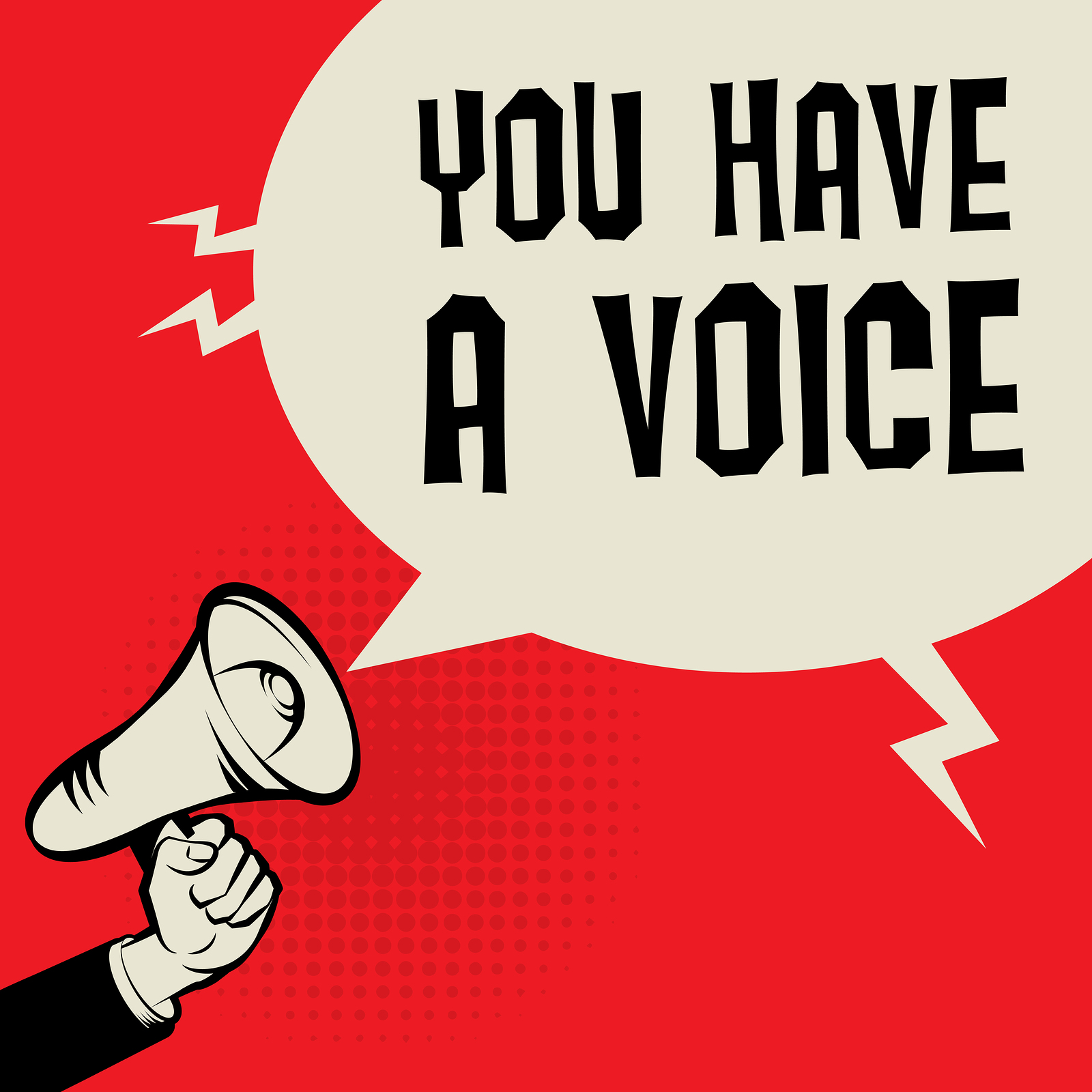Some people are seemingly born knowing what they want to do with their lives. They may start by playing with a toy doctor’s kit at age 4, then follow through with med school and end up being a world-renowned surgeon. No one ever doubted who they’d grow up to become, least of all themselves.
And then there are people like me—people who have to work a bit harder to find their calling. I spent many of my younger years without any real direction, bouncing between meaningless jobs without an ultimate goal in mind. It was almost an accident that I found my way to my own calling, as one experience led to another, and eventually, I found myself thriving in the world of real estate.
It wasn’t an easy journey for me, and I know it’s not for a lot of people. But it would have been a heck of a lot easier for me to get where I am today if I’d found some guidance, and that’s what I hope to share with you today.
- Allow yourself to dream. This is where it all starts: with hope. Don’t let yourself get so bogged down in a meaningless job that you don’t even allow yourself to think about where you’d rather be. If you’re flipping burgers and fantasizing about 5 o’clock every day, you’re probably going to be flipping burgers for a long time. If you’re flipping burgers but fantasizing about starting a company, you’re doing something right. Think about what makes you happy, what you’re passionate about, what you’re good at, then imagine how you can turn that into a career.
- Set realistic goals. You won’t reach the apex of your career overnight, or even know exactly what your calling is right away. It’ll take some time to get where you want to be, and it may require some trial and error to get on a solid path. Start small, and know that you may have to make some sacrifices in your early days in order to get where you want to be. For an aspiring educator, that could mean volunteering as a tutor at night while holding down a minimum wage job, then leveraging that experience into a teaching position down the road. Or for a writer, maybe contributing articles to small, local publications before getting your break into something bigger.
- Find a mentor. This is one area where I struggled as a young adult—I didn’t really have anyone to look up to who even believed in the idea of a “calling.” Work was something you did from 9-5, and your life was lived in the meantime. That’s why today, I always try to make time to mentor those who need it, helping to guide them through their own career journeys. Find someone you admire who seems happy in their professional life, someone whose career interests you. Find someone who’s willing to sit down with you on occasion and ask you questions, talking you through any tough transitions you may encounter on your career path.
Every single person will have a different path to finding their calling, so the most important thing is not to compare your own experience to someone else’s. However, keep these simple tips in mind to find your way a little bit faster.
